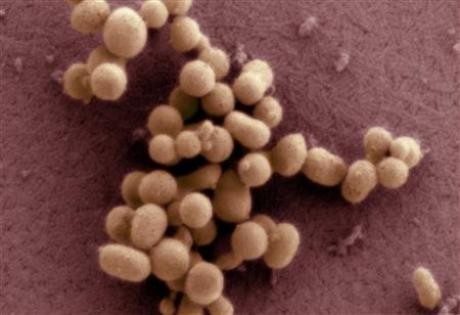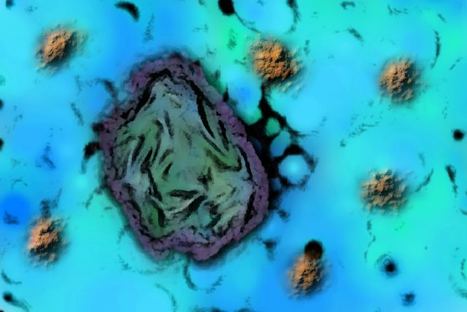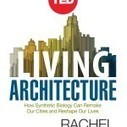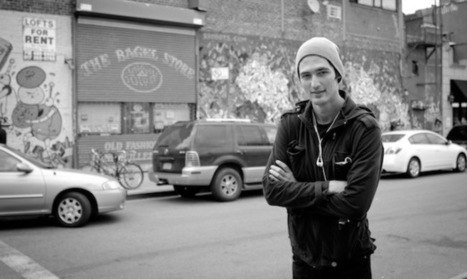"The rapidly growing field of synthetic biology is founded on the premise that, if enough of the genetic machinery of cells is understood, then scientists and engineers may begin constructing biological machines and computers for our own purposes. From a toggle switch constructed in genes in E. coli, which represented a primitive form of memory, to more recent examples of blinking bacteria, synthetic biology as a productive area is maturing rapidly.
Via Gerd Moe-Behrens



 Your new post is loading...
Your new post is loading...












